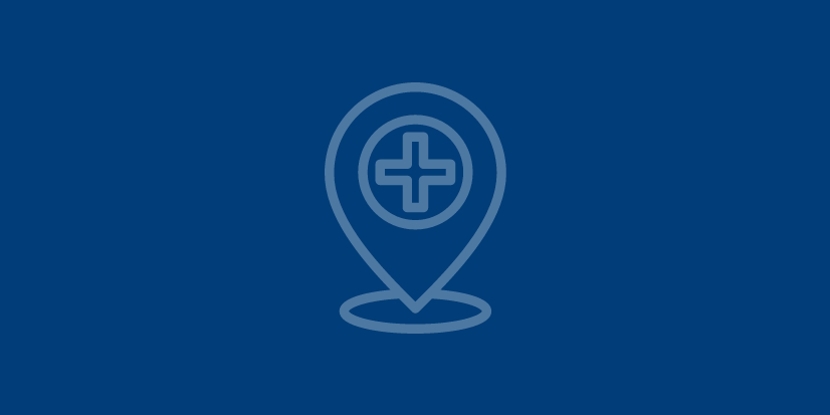Patient Responsibilities
Preparing for Your Visit
Please carefully read and understand your healthcare insurance policy’s coverage. Because insurance policies vary, we do not always know what your policy will pay. Some policies require copayments, which will be collected when you check-in for your appointment. Some policies require coinsurance, which will be billed to you once your insurance carrier has advised us of their payment and your responsibility. Some items or services are not covered by insurance.
For information about how your plan will process charges for a service provided, please contact your insurance company directly. Their customer service phone number is found on your insurance card.
Need help understanding common insurance terms? Click here to check out our insurance definitions page.
Copayment Notice
Please be prepared to pay your insurance copayment amount at the time you check-in for your appointment. Copayment information may be found on your insurance card, or by contacting your insurance customer service department.
Cancellation Notice
If you are unable to arrive for a scheduled appointment with a provider, we ask that you give 24-hour notice of cancellation, or more if possible. This allows us to offer your appointment time to patient’s who may be on a wait list. We appreciate your help and commitment to providing quality care to those in our community.
Appointments can be cancelled in three ways: via phone at (509) 663-8711 or toll free at (800) 726-8808; through MyChart (please note you may be prompted to call your provider’s office to cancel an appointment); or in-person.
Confluence Health Patient Responsibilities Statement
Our Patients Have the Responsibility To:
-
Provide, to the best of their knowledge, accurate and complete information about present complaints, past illness, hospitalizations, medications, and other matters relating to their health.
-
Report unexpected changes in their condition to the responsible practitioner.
-
Make it known whether they clearly comprehend a contemplated course of action and what is expected.
-
Follow the treatment plan recommended by the practitioner primarily responsible for their care. This may include following the instructions of nurses and allied health personnel as they carry out the coordinated plan of care and implement the responsible practitioner’s orders, and as they enforce the applicable CH guidelines for guest services. The patient is responsible for asking questions when they do not understand information or instructions. If at any time the patient feels they cannot follow through with instructions, the patient is responsible for telling the physician or caregiver.
-
Know the patient or legally authorized representative is responsible for their actions if they refuse treatment or do not follow the practitioner’s instructions.
-
Assure that the financial obligations of their health care are fulfilled as promptly as possible.
-
Know the patient is responsible for being considerate of the rights of other patients and CH personnel and for assisting in the control of noise and the number of visitors. The patient is responsible for being respectful of the property of other persons and of CH.
-
Know the patient is responsible for providing copies of any written Health Care Directives (or “living will”) or Health Care Power of Attorney to CH.
No catalog of rights guarantees for the patient the kind of treatment he/she has a right to expect. CH has many functions to perform, including the prevention and treatment of disease, the education of both health professionals and patients, and clinical research. All of these activities are conducted within a philosophical framework that addresses both patient care and patient rights.

